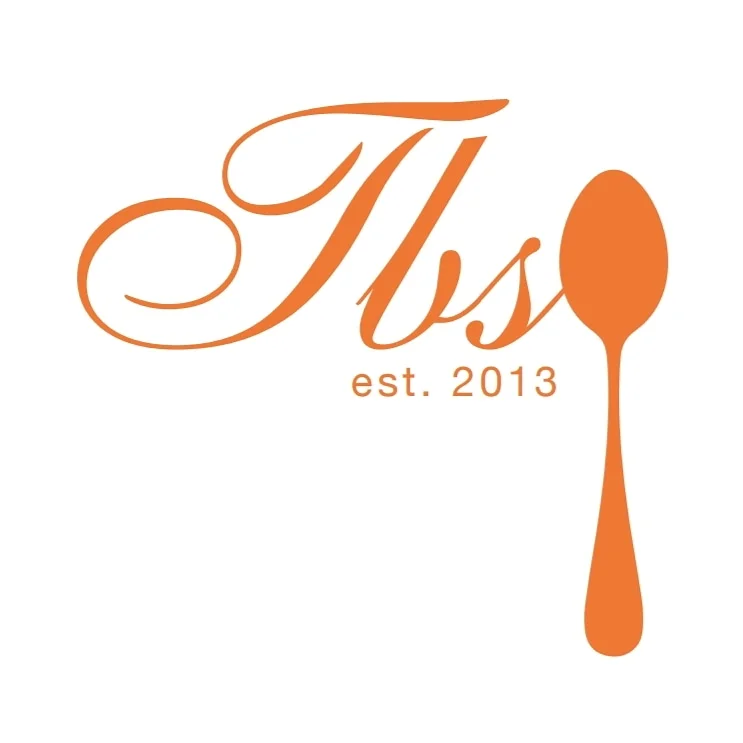1. What’s the difference between Enameled Cast Iron and Stoneware?
2. There are health issues associated with cooking with Teflon-coated cookware, is Enameled Cast Iron safe and better alternative?
Enameled cast iron cookware results from coating the cast iron in a glassy enamel glaze. This glaze is impermeable to moisture and stands up to heat better than Teflon-coated alternatives.
Food adheres to enameled cast iron much less easily than to uncoated metal cookware. As such, it can be used as a substitute to Teflon cookware, thereby avoiding any alleged health risks associated with the substance in Teflon.
According to Cookware Talk, the enamel glaze does not contain lead. There are some exceptions with certain Chinese slow cookers, but the levels of lead are still well below FDA thresholds and can be avoided by selecting of lead-free alternatives.
Enameled cast iron is more taste-safe than aluminum, which reacts with acidic foods and can affect their flavor during cooking.
Enameled cast iron can be used over low or high heat for an extended period of time without losing its non-stick properties, unlike Teflon. It also shares cast iron’s heat-retention properties, making it very energy efficient. – Evan St. John ehow.com/facts enameled-cookware-castiron-safe
3. How do I use enameled cast iron pots?
7. How do you accept payments?
10. Do you deliver or ship orders anywhere in the Philippines, and is there a fee for it?
12. You have a great collection. Where do you get your products?
13. It’s my first-time using the product I ordered, how do I care for it?
15. Can we order in bulk quantities?
16. Do you also have food products?
17. Is tbsp only an online store? Do you have a physical store location?
18. Are the products of high-quality?
19. Are the products built to last?
20. What if the product has damage?
BACK TO TOP
